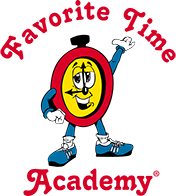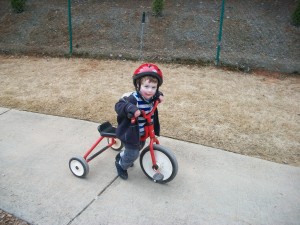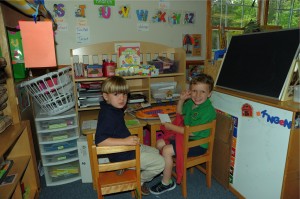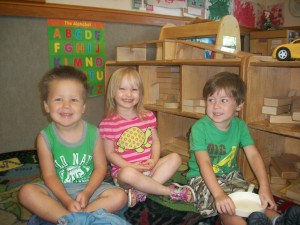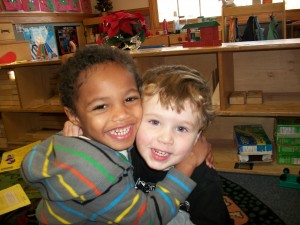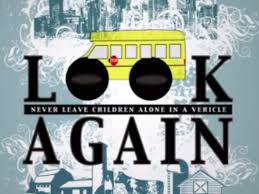Favorite Steps℠ embraces the philosophies, theories, and guidance found in Beginning with Babies for Infants and Creative Curriculum for Toddlers through Preschoolers. These approaches to Early Childhood Education focus on four pillars including the physical, intellectual, emotional, and social development of a child.
Physical Development
Physical development relies on good health, proper nutrition, and a safe environment. As children grow physically, their muscles develop and mature. Children are able to perform more complex and refined actions using gross motor (large muscles) and fine motor (small muscle) skills. Our objective here is to provide a safe space, equipment, and plenty of time for children to practice large and fine motor skills. We encourage and inspire children in their efforts and accomplishments as they explore their potential and abilities.
Intellectual Development
Children learn by doing. Through active involvement with their environment, children attempt to makes sense of the world around them. Intellectual development includes basic skills and concepts such as numbers, letters, colors, and shapes. A child’s cognitive development refers to comprehension and language development as well as:
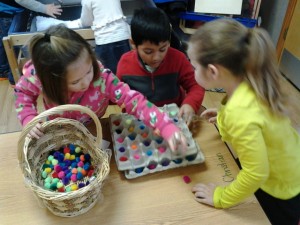 problem solving,
problem solving,- concept-building play
- decision making skills,
- recall and memory
- matching
- labeling
- symbolic ability
- curiosity
- physical knowledge
- auditory discrimination
Our programs and activities encourage intellectual development through hands on activity, investigation, experimentation, and structured exposure to concepts such as numbers, colors, and letters.
We believe in allowing children the creativity and freedom to develop ideas and concepts on their own. We provide children with the opportunity to discover these skills as they learn real life experiences through play.
Emotional Development
- Emotional development refers to the growth of self awareness. It answers the question, “Who am I?” Positive self concept, self control, feelings and emotions are all part of emotional development. Incorporated into the lessons and classroom environment are emotional development goals including responsibility, self help skills, relaxing, task orientation, self discipline, guidance/redirection, and attitude. We foster both the trust (with teachers & peers) and the individual independence of each child.
Social Development
The social area of development is one of the most critical areas of growth for each child We believe that one of our significant contributions in a child’s life is to influence how he or she chooses to treat and respect their fellow peers. Various tools are used to foster healthy social skills such as games, role-playing, and “let’s pretend”. We cultivate a team environment where sharing, cooperation, good manners, following directions, listening, and caring for others is praise worthy.
